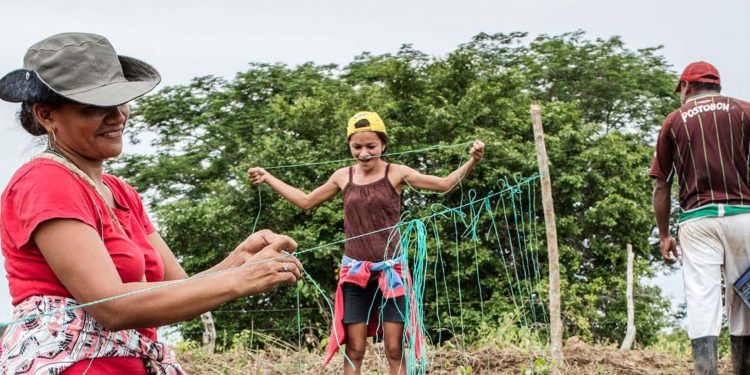Agricultural subsidies must be reformed to reduce the health and environmental damage they lead to, according to a new UN report.
Calling government policies unfit for today’s food systems, it says that of the US$540 billion a year spent on agricultural subsidies globally, 87 per cent is inefficient, biased, distorts food prices, harms dietary health and degrades the environment. Almost 90% harmful food subsidies
Subsidies represent 15 per cent of total agricultural production value. Almost 90% harmful food subsidies
The report, timed to inform the UN Food Systems Summit on September 23, is called A Multi-Billion-Dollar Opportunity: Repurposing agricultural support to transform food systems.
It says unhealthy products, like sugar and emission-intensive commodities like beef, milk and rice, receive the most support. But subsidisation should switch to healthier and more nutritious foods, such as fruits and vegetables.
“Vested interests resist accepting perceived loss”
The report warns of the resistance to change posed by vested interests, saying “there are economic actors, both in the public and private sectors, who see advantages in the status quo.
“These vested interests resist accepting their perceived loss even though the policy reform benefits many other actors.
“As an example, government spending in the United States of America is allocated to protect farmers from possible declines in prices.
“Nowadays the agriculture sector has the ability to manage fluctuations of prices and income, suggesting that government support may no longer be required.
“However, powerful commodity groups are interested in maintaining or even increasing government support.”
Seventy per cent of subsidies to farmers are tied to the production of a specific commodity.
Cash transfers are recommended for re-purposing subsidies
The report says current support tends to benefit a few key and powerful actors, while the associated costs are spread widely across consumers and taxpayers.
Well-targeted compensation like direct cash transfers are recommended for re-purposing subsidies.
Government investment in public goods and services like infrastructure, research and development, climate adaptation and risk management had been very limited.
It recommends that high income countries should adopt support that’s not coupled to production, focussing on more balanced and sustainable food systems.
Covid-19 recovery packages should be invested in nature-based solutions, sustainable smallholder food production, and preserving ecological infrastructure.
The report says small farms account for 84 per cent of all farms worldwide, producing 35 per cent of the world’s food, and supporting 2 billion people in developing countries.
“Backyard gardens could reduce the risk of future zoonotic diseases”
However, input subsidies mainly reach better-off farmers, and farm programme payments are often tied to production, benefitting the farms with the largest production capacity.
This is despite the fact that small farms are more productive per acre than large farms, contribute better to local economic growth, and are better at ecosystem and biodiversity conservation.
Women make up a substantial portion of smallholder farmers. Globally, they comprise 37 per cent of the world’s rural agricultural workforce, a ratio that rises to 48 per cent for low-income countries, and their contribution is prominent in all agricultural sub sectors,
To address equity concerns, the report says it is important to decouple farm programme payments from production, commodities and yields.
Repurposing fertiliser subsidies for nature-based solutions by smallholder farmers, or backyard gardens for smallholders could reduce the risk of future zoonotic diseases, improve the well-being of those most vulnerable to biodiversity loss, and increase the resilience of rural areas.
“Develop standard monitoring and reporting systems”
The report says government support to agriculture has the power to reform the food system for the better. As one of the world’s largest employers, the agriculture sector can improve livelihoods and reduce poverty.
It estimates that 3.2 billion livelihoods depend on food systems, with 2 billion related to primary production.
Its recommendations include seeking World Trade Organization (WTO) commitments and other trade agreements to reduce subsidies that create negative distortions.
And to develop standard monitoring and reporting systems to track the outcomes of agricultural policies, their repurposing and reform.























